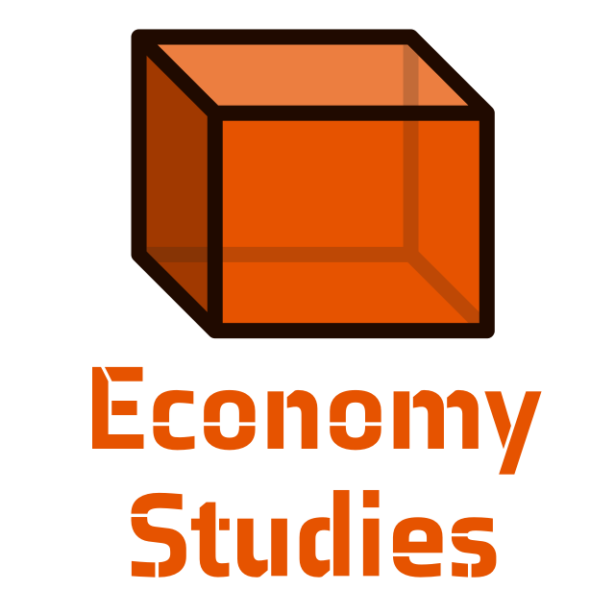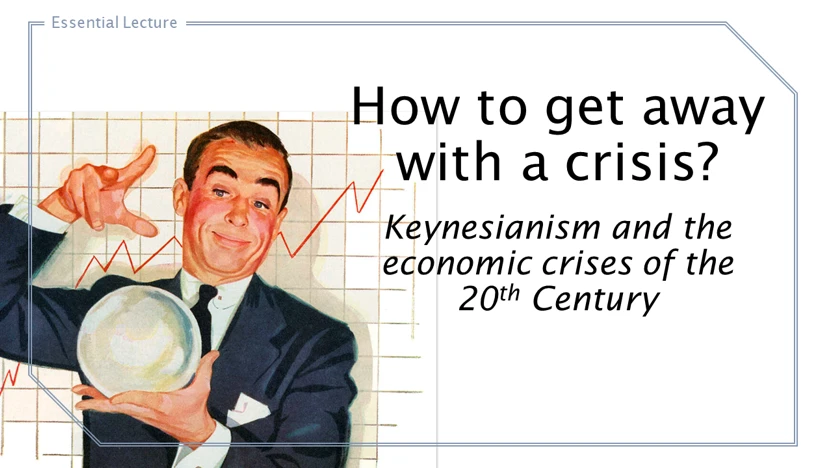✕
How to get away with a crisis? - Economy Studies
Economy Studies
,
2022
Level: beginner
 The Centre for Economy Studies works on improving and modernising economics education to ensure that students will be better prepared for their future careers and the societal challenges we face today and in the coming decades. The Essential Lectures are teaching packs designed for 90-minute (online or offline) sessions that can be added to existing courses. They help students become familiar with an important topic that is often neglected. Feel free to adjust the material to make it fit with your context and purpose.
The Centre for Economy Studies works on improving and modernising economics education to ensure that students will be better prepared for their future careers and the societal challenges we face today and in the coming decades. The Essential Lectures are teaching packs designed for 90-minute (online or offline) sessions that can be added to existing courses. They help students become familiar with an important topic that is often neglected. Feel free to adjust the material to make it fit with your context and purpose.
Keynesianism and the economic crises of the 20th Century
Crises are a key part of the history of the global economy. The impact of a crisis on the broader economy depends in large part on the policy taken by governments to respond to the crisis. This lesson introduces students to the crisis management theories of John Maynard Keyens by presenting them in the historical context of the Great Depression, the Post-War increase in the state in managing the economy, and the Energy Crisis of the 1970s. It then encourages students to think critically about the responses to contemporary crises. Your role as a teacher is to help them identify which parts of Keynes’s theory could be relevant to interpret the response to crises.
Download Instructors Guide Download Slides Download Exercise Sheet
This material has been suggested and edited by:
We use cookies on our website. Click on Accept to help us to make Exploring Economics constantly better!

